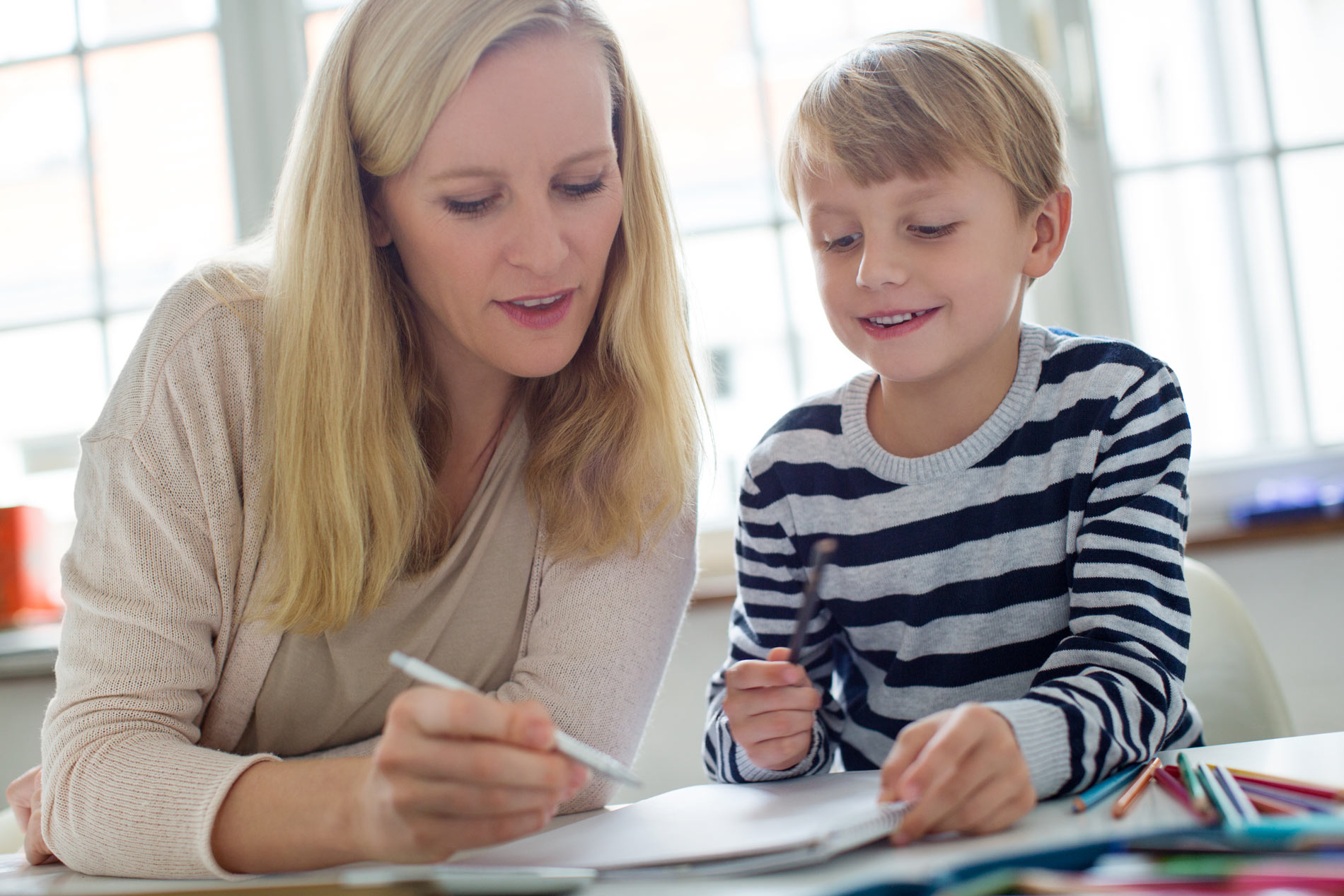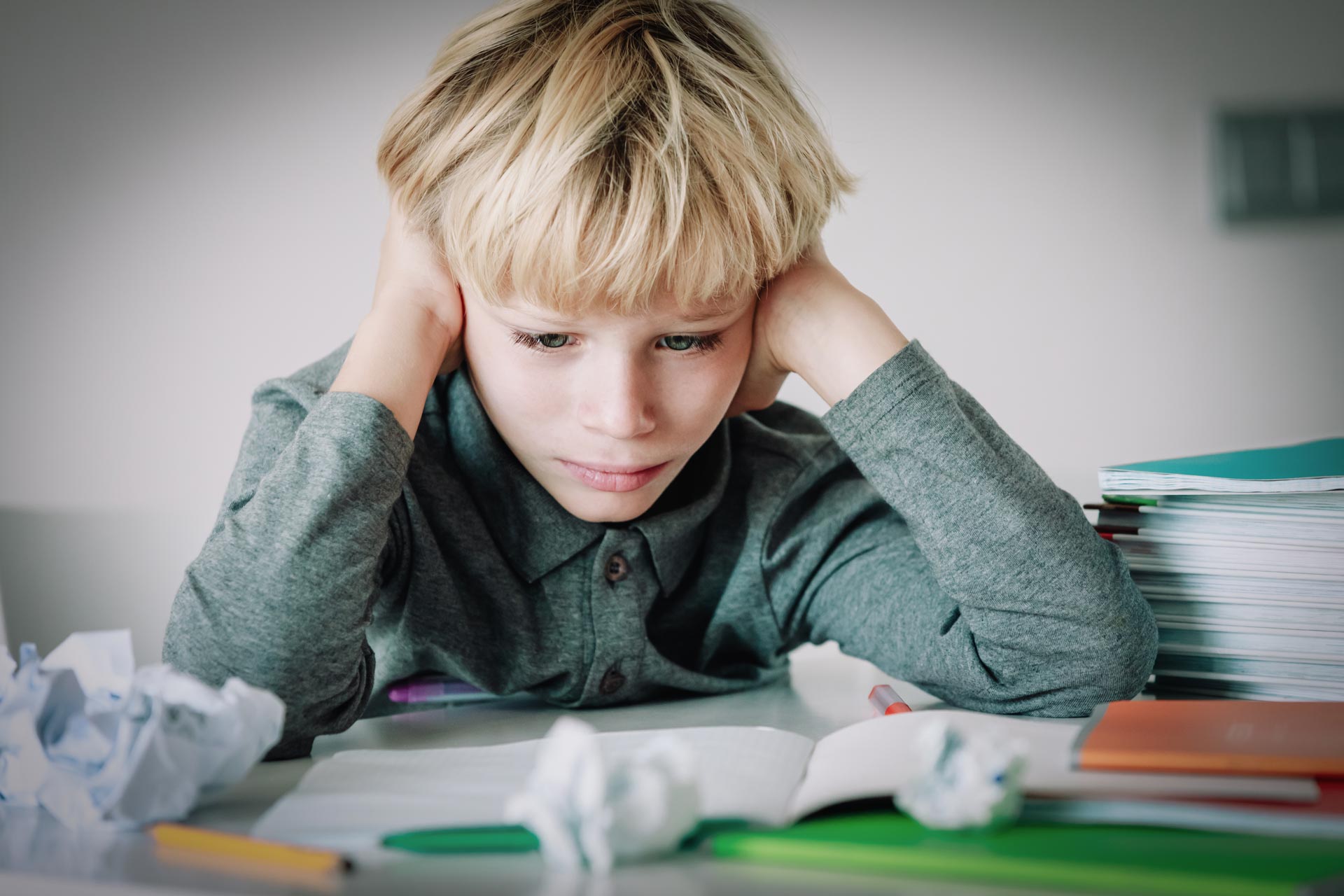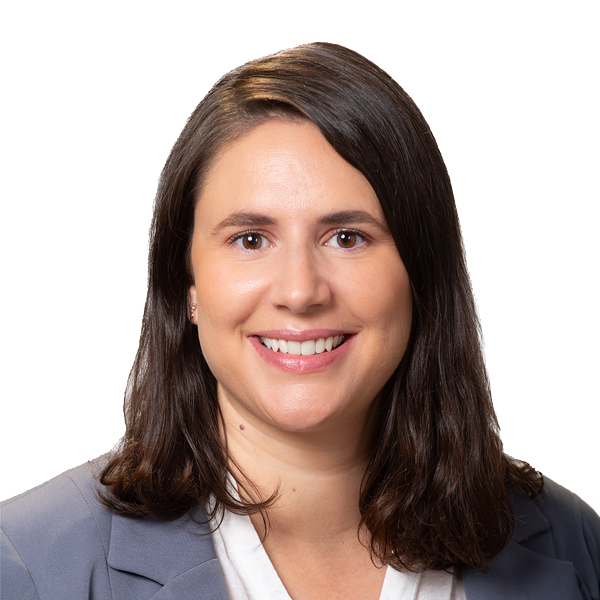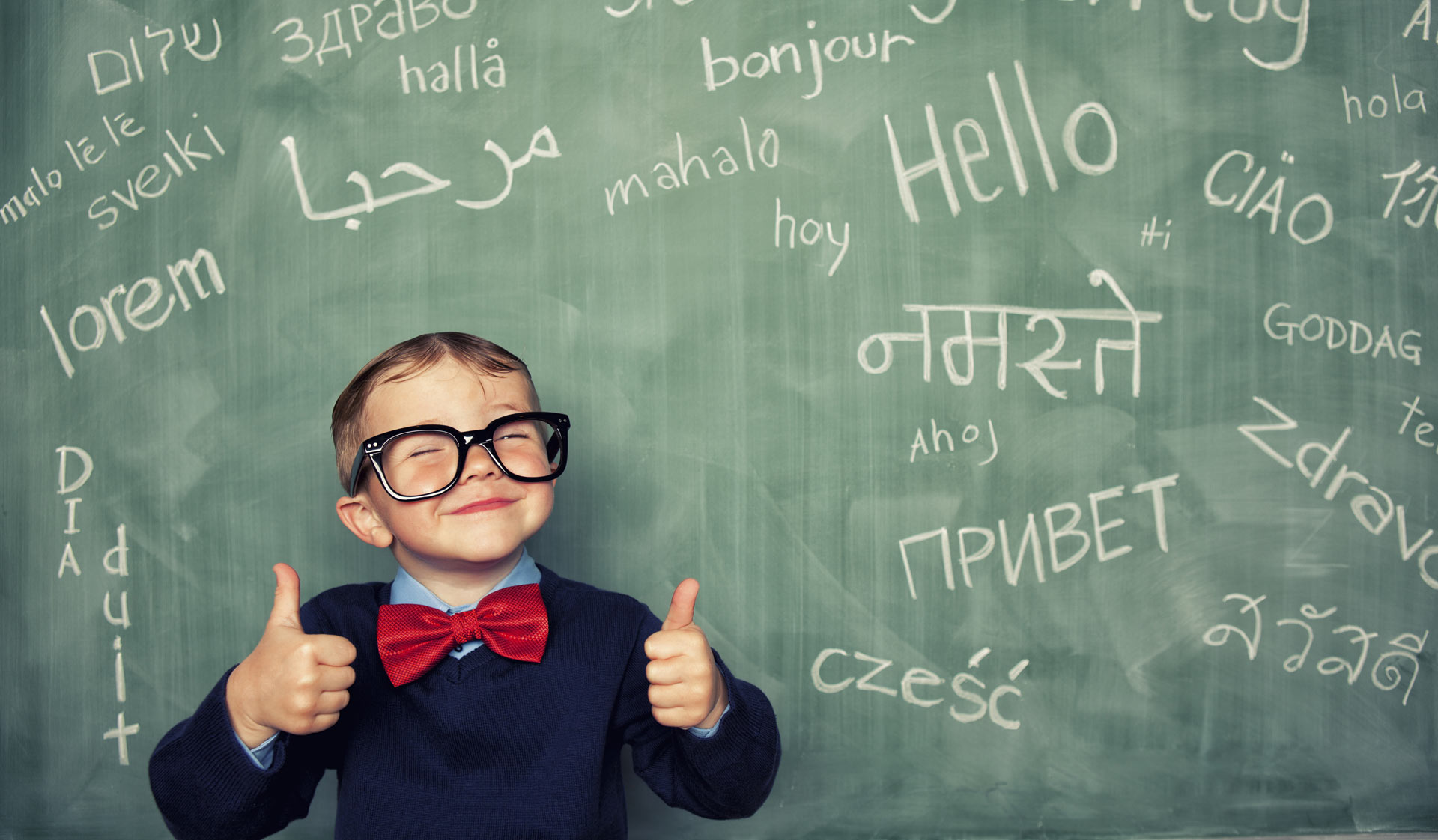Psycho-educational testing
Kids
Psycho-educational testing
It's a diagnosis process where cognitive skills such as work memory, information processing speed and visuospatial skills are evaluated by the psychologist and language skills such as reading comprehension, auditory memory and written expression are evaluated by the speech therapist in order to reach a conclusion about the strengths and weaknesses of the child in his/her learning capacity.
The importance of a Psychoeducational Evaluation
What is a psychoeducational evaluation?
What is the process like?
1.
The first step involves an interview with the parents to gather information regarding the consulting reason and the difficulties perceived at school and at home. During this interview, the professional needs all the information the family can provide such as previous reports from other clinics or schools, medical reports in case of presenting some sort of condition that affects learning and even items such as teacher’s letters or notebooks. Why is it necessary? Evaluation makes sense in different cases. Some of the most common are school failure, evaluation of high capacities or the need for a regulated diagnosis to obtain curricular adaptations in exams. What type of tests does my child need? Only a professional such as a psychologist, a speech therapist or an educational psychologist can help us with this question. According to our child’s difficulties at school, one set of tests or another might be needed. Hence the importance of the initial interview and all the available information provided to the professional by the clients.
2.
The professional will study the information and locate the supposed problematic areas in order to decide which evaluation tools will be needed during the first stage. The professional will also decide which language is most appropriate to evaluate the different capacities.
3.
The family will receive a detailed budget which will include a list of the tests to be used in the evaluation.
4.
The administration of tests would be the next step. It would be advisable that the child comes in a morning timetable and rested. Two different sessions might be needed with short breaks. The total duration of this stage can be between 2 and 5 hours.
5.
The professional will proceed to correct the tests and the interpretation of results stage will begin. Correction and interpretation are the most technically demanding processes. The professional devotes, approximately, the same number of hours to this than to the administration of the tests. A very specific training is required to be able to do this together with a minimum period of 2 year experience with the tests and a proficient command of the language to be used in the evaluation.
6.
During this process, the need of complementing the evaluation with the participation of another professional may arise, in the case, for example, where there has been a possible language problem detected in the cognitive evaluation done by the psychologist. In this case the professional will inform the family of the need of the evaluation of the speech therapist. Both professionals would have a coordination meeting and a complementary evaluation process would begin with an interview between the speech therapist and the parents, after which another budget would be elaborated, to continue with the corresponding test administration.
7.
The report and the feedback session with the parents imply the end of the process. A report of this sort will include a detailed description of all the skills evaluated, a comparison of the scores obtained with the population of the same age, a description of disharmonies between abilities, diagnostic hypothesis and recommendations for the family and school. This process frequently implies between 2 and 5 hours of work depending on the number of tests and the complexity of the evaluation. In the case of having two professionals intervening, there will be a combined report in which the information is coordinated to reach a combined interpretation.

Advantages of having an evaluation
The evaluation will provide a lot of useful information:- At school, teachers can identify the difficulties and will have very specific guidelines to help our child
- When it comes to studying at home, we will get to know better which strengths can our child lean on to study more efficiently
- When facing official exams such as PAU, IB or academic tests in centres that include curricular adaptations, if their difficulties imply a disadvantage, they will benefit from the adaptations which will improve their opportunities
Psychotherapy
Kids
Psychotherapy
Psychotherapy with children/adolescents is used to treat a variety of problems.
Psychotherapy with children/adolescents is used to treat a variety of problems, such as anxiety disorders, depression, disruptive behavior disorders, as well as other common problems, including difficulties coping with divorce, problems in the parent-child relationship, sibling rivalry, adjustment or acculturation problems, and trauma-related issues.
At Sinews, we practice Cognitive-Behavioral Therapy (CBT) with children and adolescents, a problem-focused, interactive treatment method that has been empirically validated (through scientific research studies) and shown to be very effective when used to treat childhood mental health problems. While the number of sessions required depends upon the individual child and his/her problem, the average number of sessions usually falls between 6 and 12.
In some cases, a play therapy component may be added to the treatment sessions. Play therapy can be very helpful for children coping with loss, grief, and/or trauma, or for young children who have difficulty participating in the standard CBT sessions due to their age/developmental level.
In addition, psychotherapy for problems such as ADHD or defiant behavior often involves the parents more than the children. This is referred to as psychoeducation, and is used to help parents learn how to manage their child’s behavior outside of the therapy setting, or may simply be used to support and enhance parenting skills.
Workshop for parents: Bilingual children, how? and when?
KIDS
Workshop for parents: Bilingual children, how? and when?
Language: Spanish
This course offers the opportunity to obtain reliable information as well as a chance to meet other families in similar situations, share experiences and exchange contact information...
At SINEWS we are aware of the benefits that a bilingual education can offer, but also the complexity of it.
Many of the members of our team have been brought up in two languages and we know, first hand, of its advantages.
This workshop offers answers to some of the most frequently asked questions by parents who find themselves faced with such a project:
- Can it have a negative effect my child’s intellectual development?
- Will speaking to a child in two languages from the start delay language acquisition?
- Is the best model “one parent, one language” or “one home, one language”?
- Is it bad for a child to mix the two languages or insert words from one language when speaking another?
- What to do if the child refuses to speak to the mother or father in his or her language (which the child previously used without any problem)?
- How to reinforce the use of one language when the other is consistently becoming more dominant?
- Can our children be bilingual if both parents speak Spanish?
Table of contents:
- What is bilingualism
- Types of bilingualism
- Advantages and disadvantages of starting a family with two languages
- Preliminary considerations before starting the project
- Project Planning
- Models of bilingualism
- Third language, when and how?
- 15 minute BREAK
- Priority, to communicate
- Strengthening languages
- Bilingualism and school
- Bilingualism and relationships
- Normal development, what to expect
- When to consult a specialist
DETAILS
Division of Speech Therapy
Speech Therapist
Children and adolescents
Languages: English and Spanish
SINEWS. Sagasta 16, 28004 Madrid
If you have any questions please call 91 700 1979.
Mode: Hybrid (On-site at Sinews + Zoom broadcast)
Schedule: From 10:30 to 12:00.
Price: 50 EUROS mom or dad, 75 EUROS for both.
Language: Spanish.
Saturday May 31st, 2025
10:30 to 12:00. 1 hour of workshop, half an hour of questions and interaction
Mode: Hybrid (On-site at Sinews + Zoom broadcast)
Books about bilingualism
KIDS
Books about bilingualism
Sinews recommends…
THE BILINGUAL FAMILY: A HANDBOOK FOR PARENTS
Edith Harding-Esch and Philip Riley. Published by Cambridge University Press, 2003.
Written for: Parents who are considering the option of raising their children in two or more languages or that have already undergone the process, and for professionals that work with bilingual children.
Why read it: It offers concrete examples of different ways to approach a bilingual upbringing, especially focusing on language, when and who speaks with the child. It helps to prepare for what to expect when it comes to language development in children exposed to two languages. It offers a detailed and practical plan for this project.
This book can be purchased at: Amazon in English.
GROWING UP WITH TWO LANGUAGES: A PRACTICAL GUIDE 2nd EDITION
Una Cunninham-Anderson and Staffan Anderson. Published by Routledge, 2004.
Written for: Parents who have or would like to create a bilingual home environment, and for professionals who work with children who are being brought up with two languages.
Why read it: It offers comprehensive and accurate insight into the everyday life of a bilingual home: the most common expectations, difficulties, organizational aspects, results and problems that can arise for the child and family.
This book can be purchased at: Amazon in English.
RAISING A BILINGUAL CHILD
Barbara Zurer Pearson.
Written for: Bicultural or multilingual parents who plan on creating a bilingual family, parents who do not speak more than one language and want to know if they can also, parents who have children who speak more than one language and need advice on specific problems. Relatives or friends who do not understand why one would take on such a project. Health and education professionals interested in acquiring basic knowledge about bilingualism.
Why we recommend the book: Table of Contents: 1. The Benefits of Childhood Bilingualism – 2. Learning a First Language – 3. Learning Two (or More) Languages – 4. Establishing a Bilingual Environment – 5. How-To Testimonials – 6. Are There Any Children Who Cannot Learn Two Languages? – 7. Research Comparing Monolinguals and Bilinguals – 8. About Bilingual Identity – Nº pages: 256.
This book is like a cake. Barbara Zurer has achieved the ideal mix of ingredients to spark interest and to help understand why the strategies to achieve bilingual children work. Between the raw materials: large doses of teaching skill (she explains concepts as complex as learning a native language in a way that make them seem simple); a sort of phobia to give the same recipes to all keeping in mind that there are many methods that work, and an optimistic tone based on her experience as a linguist with successful multilingual families worldwide. It’s fun because it is fresh, direct, includes interesting facts about scientific studies, useful experiences taken from real families, tests to find out what the pros and cons are of your sitution, or what method will work best to create your bilingual family. The icing on the cake is the Resource Section. Disadvantages that the book has: It places emphasis on basic concepts and can be repetitive, but at the same time it facilitates reading of individual chapters as a reference book.
SINEWS score: 9’5, User-friendly: 9, Useful, practical: 10, Up to date information: 9, Serious/ fun: 9 – There were no conflicts of interest detected (Religious or pertaining to an ideology)
Evaluation, assessment and follow up for multilingual families
KIDS
Evaluation, assessment and follow up for multilingual families
Families often have to resolve very concrete doubts.
Families often have to resolve very concrete doubts. When to introduce another language? What to do when our son/daughter refuses to speak in one language even though they understand it perfectly? Which language should they learn to read and write first? In which language should I send my child to school?…
At Sinews we offer a personalized consultation where you can find answers to doubts that you may have over how to educate bilingual/multilingual children. We analyze, in depth, each family´s specific situation, the child´s characteristics, and their environment in order to offer individualized assessment and follow-up.
If interested, all you have to do is simply ask for an appointment through the following form:
- Initially, we will send you, by email, the SINEWS QUESTIONNAIRE for the Evaluation of Multilingual Families. This will help us to learn about your family´s specific situation (how many languages, hours of exposure, people who speak to the child in each language, activities carried out in each language, etc… )
- Next, we will schedule an appointment for the FIRST CONSULTATION where we will:
- Analyze the objectives and difficulties of each family
- Assess the level of the child´s linguistic dominance by giving a standardized test in English/Spanish.
We will propose measures to prevent and solve possible difficulties such as a work plan to stimulate language in the most efficient and natural way possible, according to the circumstances of each family.
- SECOND CONSULTATION: FOLLOW-UP: after 3 months, the family will review with our experts, the evolution of the objectives such as the launch of the work plan, adjusting it according to the advances and difficulties that have been encountered.
- THIRD CONSULTATION: FOLLOW-UP AND EVALUATION After 6-9 months, we will carry out a new assessment in order to compare the results according to the plan of action that was applied and define long-term objectives.
The cost of the total program is 300€ that will be paid up-front.
And for those who only want responses to a few particular doubts, there is the possibility to have only one individualized family assessment consultation (without an evaluation of the child, which will not be required to attend the session) where the SINEWS QUESTIONAIRE will be used for multilingual families. We will respond to all of your doubts and design a plan of action.
The cost of the single session is 90€.
*This service is available ONLINE
Academic difficulties
KIDS
Academic Difficulties
At SINEWS we have the tools to assess and diagnose learning difficulties in both English and Spanish.
Following the assessment, our professionals will produce a report detailing the difficulties, along with recommendations for academic adaptations and the most appropriate intervention.
Humans begin acquiring skills which are useful for reading and writing much sooner than we think. By the age of 3 we are already laying the foundations which will later allow us to become good readers, and at age 6, we begin to more specifically train these cognitive processes. Therefore, the first warning signs that could indicate a LEARNING DISABILITY arise during pre-school education or on starting primary school.
Learning difficulties are caused by to the way in which our brain processes information and are life-long conditions. For individuals with learning disabilities, learning is difficult and requires the investment of a greater level of effort compared to that of their peers. Individuals with a specific learning disability typically have average or above average intelligence. However, they have specific difficulties with one or more of the processes related to learning, which may include, among others, difficulties with written numbers, spelling words, or the ability to process information heard without visual support. This can lead to difficulties in reading, reading comprehension, writing, spelling and maths.
The good news is that with a proper diagnosis and appropriate, individualised intervention, it is possible to train new and alternative skills and strategies that support the individual to learn in different ways. Fortunately, the world of education is also increasingly paying more attention to diversity, accessibility and the equality of opportunities by making adaptations for the differing needs of the individual student. Due to this, the vast majority of educational centres are open to starting to implement measures which adapt the curriculum to reflect individual needs (for example, providing extra time in exams, editing texts for students with dyslexia).
To be able to benefit from these new adaptions and the training of new and different strategies which replace previously learnt, ineffective and inefficient skills, a firm diagnosis is required from a centre which holds the necessary licences to perform the assessment.
Child & adolescent psychology
Child & adolescent psychology
SINEWS offers a variety of mental health services for children and adolescents.
Child & adolescent psychology
SINEWS offers a variety of mental health services for children and adolescents.
Services range from psychological evaluation and treatment of behavioral, emotional, and developmental problems, to psychoeducational testing used to investigate the presence of learning disabilities, create an individualized profile of a student’s cognitive and academic strengths and weaknesses, or assist with academic planning.
How do I know if my child needs to consult with a child mental health professional?
It is normal for children to feel sad, nervous, or afraid sometimes, and all children misbehave or talk back to their parents once in a while. This is developmentally appropriate, and usually is not anything to worry about.
However, children who have mental health problems often experience a lot of emotional distress, family conflict, school failure, violence, problems with friends, and may even have thoughts of suicide.
If your child’s mood and/or behaviors seem to be causing any of these problems, it is a good idea to consult a child psychologist, or psychiatrist who works with children and adolescents.
In addition, some children who have great difficulty learning in school or keeping up with schoolwork may actually have a neurological disorder (such as ADHD or Sensory Integration Disorder) or a learning disability (such as dyslexia) that is preventing them from achieving academic success, in spite of the fact that they have normal or above average intelligence. In this case, it may be necessary to undergo psychoeducational testing in order to figure out what is keeping the child from learning effectively in school.
How do I know what kind of service my child needs?
The type of service that is appropriate for your child depends upon his/her individual needs, and is determined on a case-by-case basis. However, we understand that psychological treatment can often be a big expense for many families.
For this reason, during the first appointment, our clinicians meet only with the parent(s). This allows the clinician to speak openly with the parent(s) about the reason for the consultation without the child present, and it also gives the clinician and parents an opportunity to discuss the various service options and come up with an affordable plan that would best serve the child.








